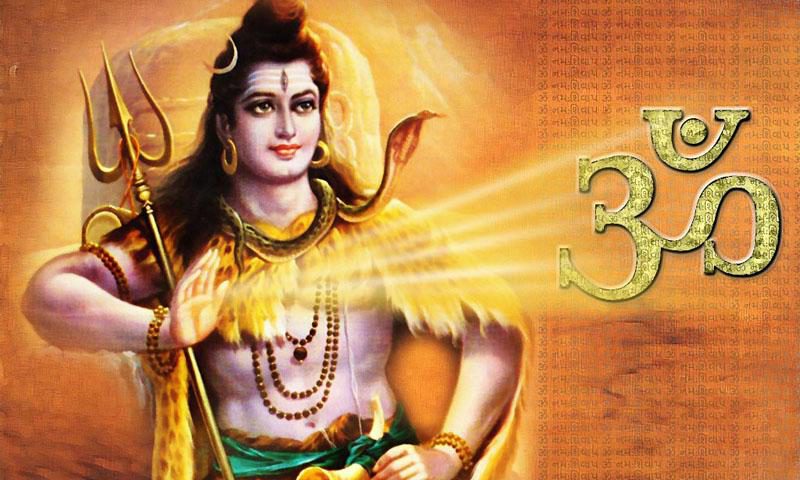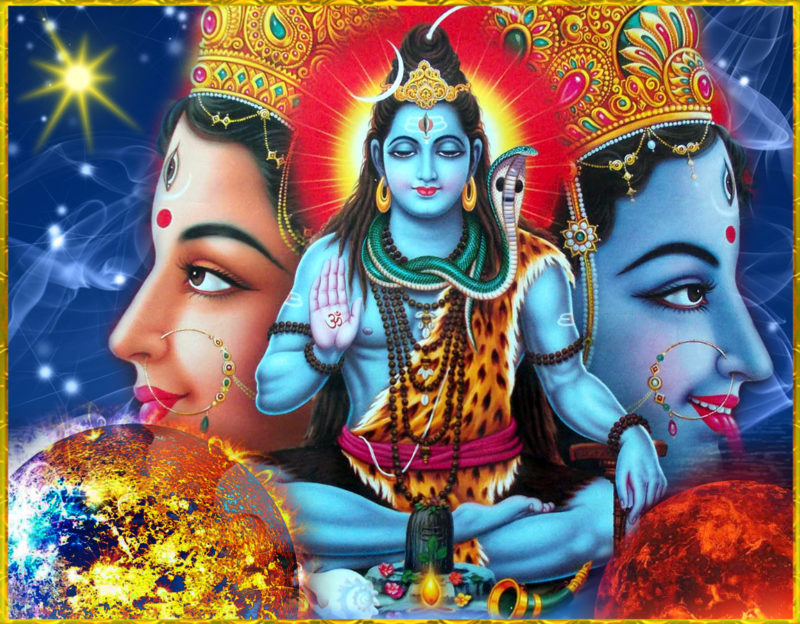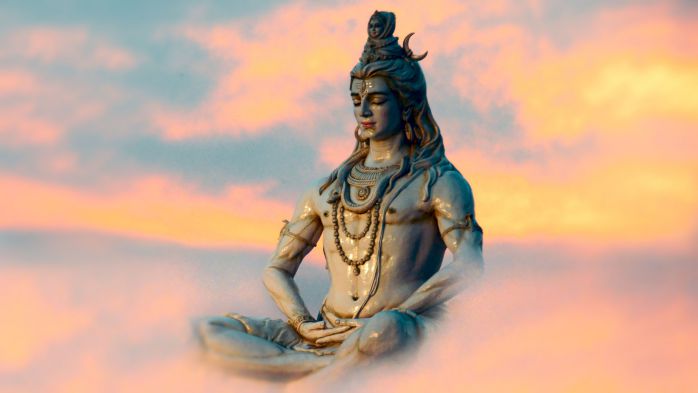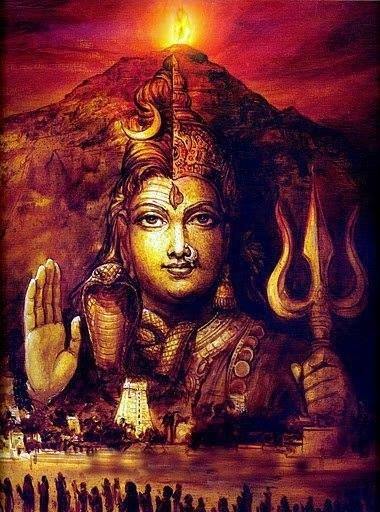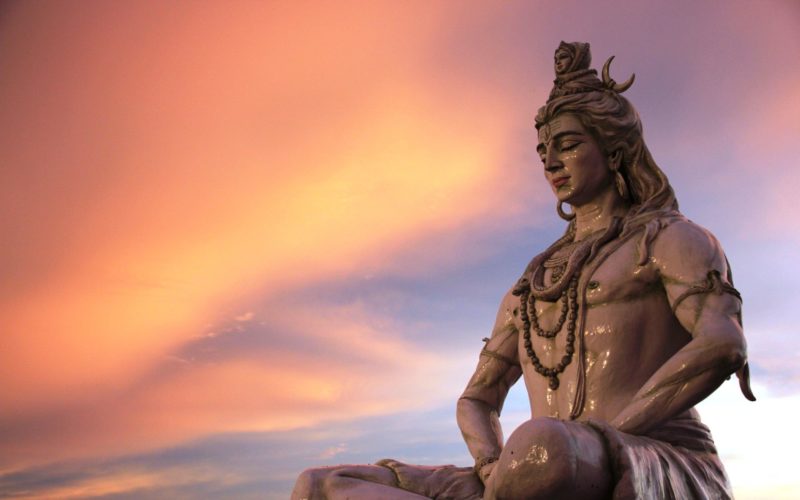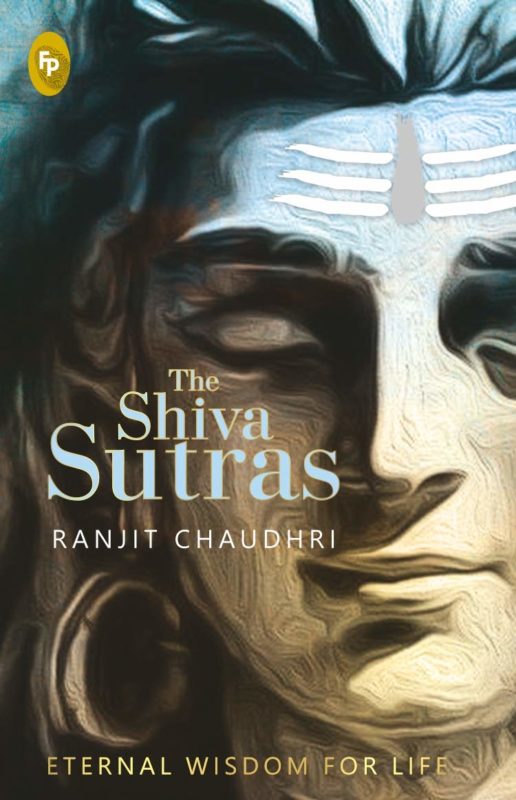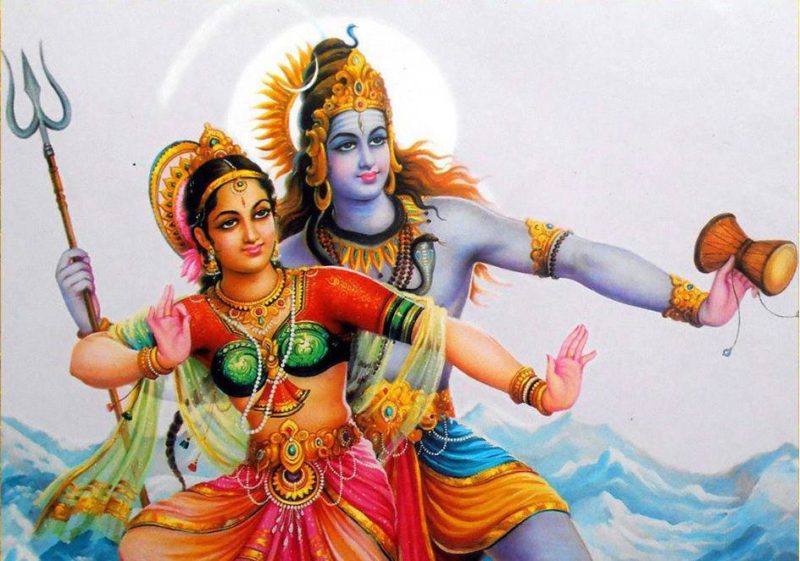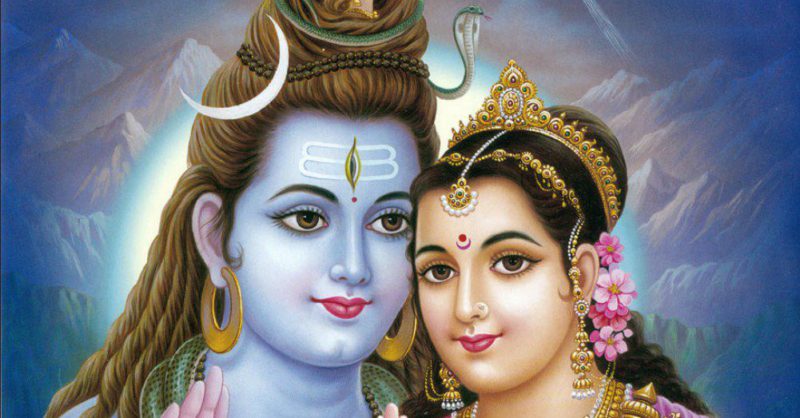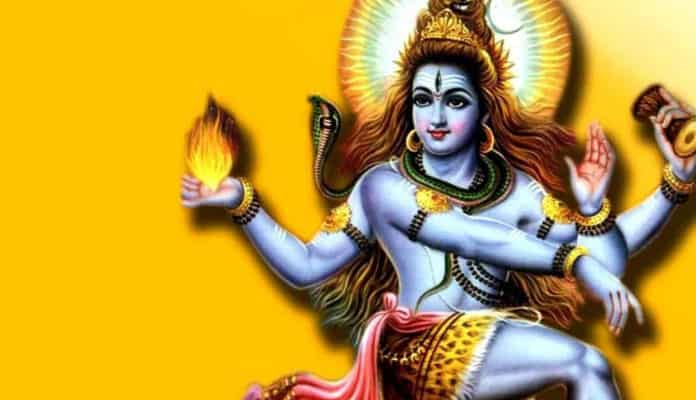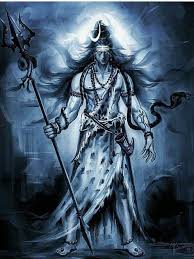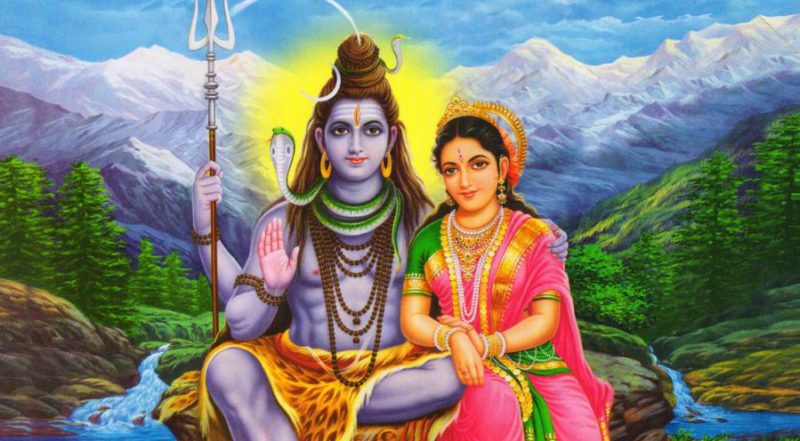No products in the cart.
Ancient Indian Literature, Daily Life and Practices, Hindu Gods, Hinduism, Spirituality
Methods of Worship in Shaivism
Shaivism is one of the three major types of contemporary Hinduism, together with Vaishnavism and Shaktism, and structured worship of the Indian deity Shiva. Shaivism encompasses a wide range of movements, including the highly philosophical Shaiva-siddhanta, the socially separate Lingayat, ascetics like the dashnami sannyasins, and a plethora of folk varieties. The Vedas mention Rudra […]

